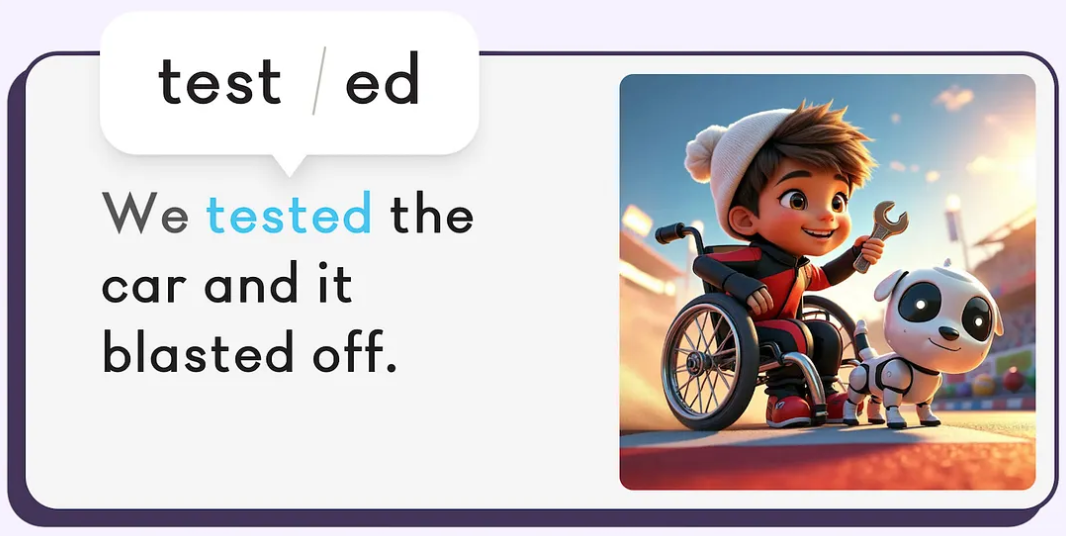Hi! I’m Lara Pinto Stein, and I’ve been in education for nearly 20 years, beginning as a classroom teacher before becoming a literacy coach for Pre-K through 5th grade. Later, I pursued associate- and certified-level training in the Orton-Gillingham Approach — the gold standard in teaching reading. This experience opened my eyes and allowed me to witness firsthand the transformative power of effective, research-backed literacy instruction that empowers every learner.
Decodable Books: Essential Tools for Literacy Development
While working with my students, I discovered that decodable books are more than just reading material — they are vital tools for applying phonics skills within the context of a story. Mastering phonics rules and reading words in isolation is important, but when students put those skills to work in a story, it dramatically boosts fluency, comprehension, and confidence.
What Exactly is a Decodable Book?
A decodable book is designed to include only the phonics patterns and high-frequency words that students have already been taught. For instance, if a child is learning the digraph sh, the text might contain words like ship, shed, and dish, while also revisiting previously learned patterns. This ensures that students rely on their known phonics skills to sound out words rather than guess, helping them gain mastery and confidence as they read.
The Benefits of Decodable Texts
Decodable books offer several significant advantages in the classroom:
Reinforcement of Phonics Skills: They provide consistent exposure to specific phonetic patterns, solidifying the connection between sounds and letters.
Enhanced Fluency: Applying phonics skills in context improves reading fluency, making it easier for students to grasp and enjoy the text.
Boosted Confidence: Success with decodable texts builds self-esteem and
encourages learners to tackle more challenging material.
Targeted Instruction: These texts allow educators to identify and address gaps in phonics knowledge, ensuring that instruction is both efficient and effective.
A Comprehensive Approach to Reading: While decodable texts are crucial for building foundational skills, they should complement — rather than
replace — conventional books, which offer rich narratives and diverse vocabulary.
A Modern Approach to Literacy Instruction
In today’s evolving educational landscape, innovative tools like ROYO can support these proven methods. ROYO creates the ideal decodable books by customizing texts to align with the phonics skill students are currently learning, while seamlessly integrating previously taught skills. This dynamic digital format adapts to any curriculum, enabling teachers to reinforce both new and mastered concepts in modern classrooms.
If you’re passionate about empowering your students with a balanced, research-backed literacy approach, explore innovative tools that integrate the science of reading into every lesson. Embrace the power of decodable texts alongside rich, conventional literature to ignite a lifelong love of reading in every learner.




